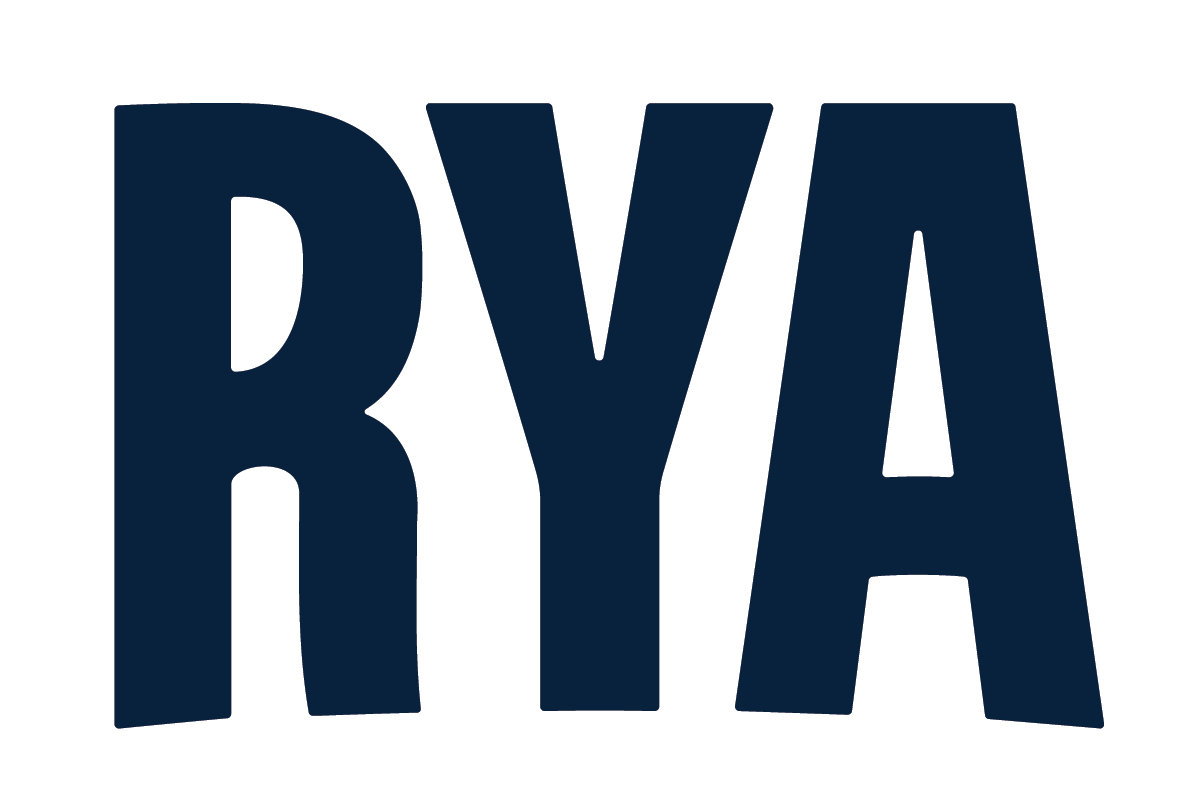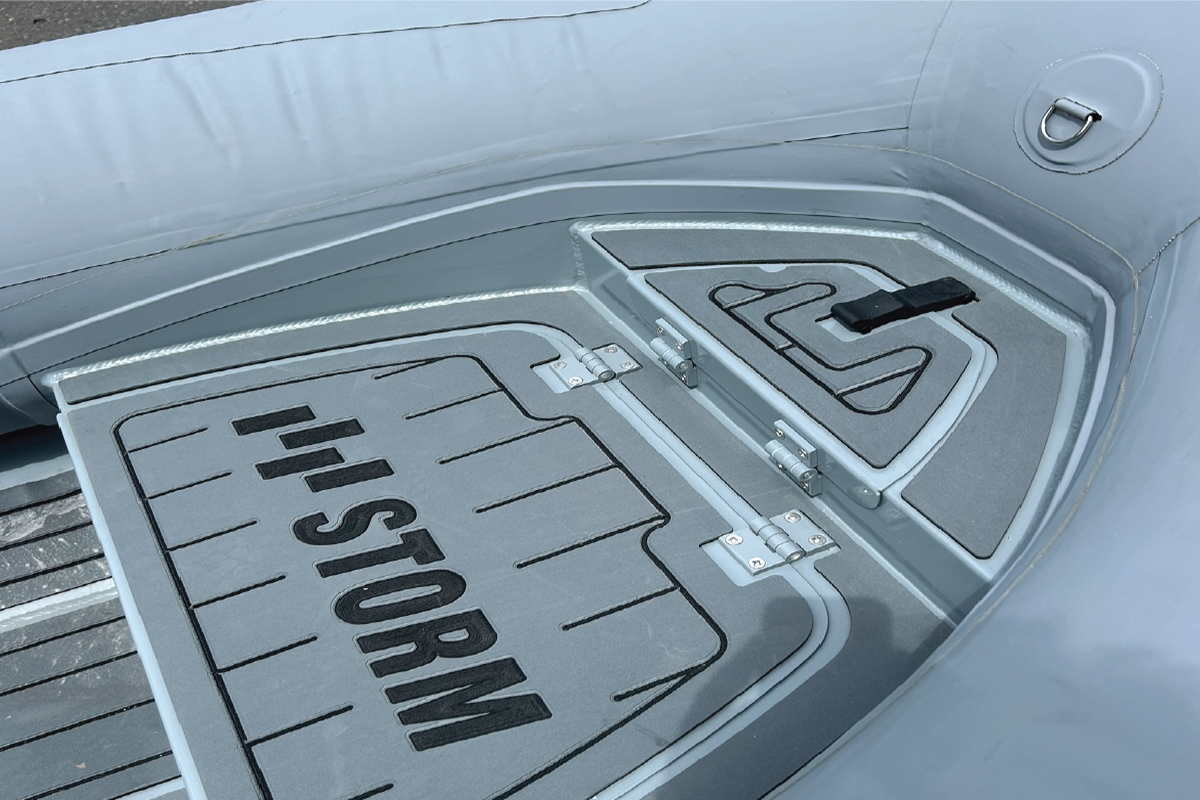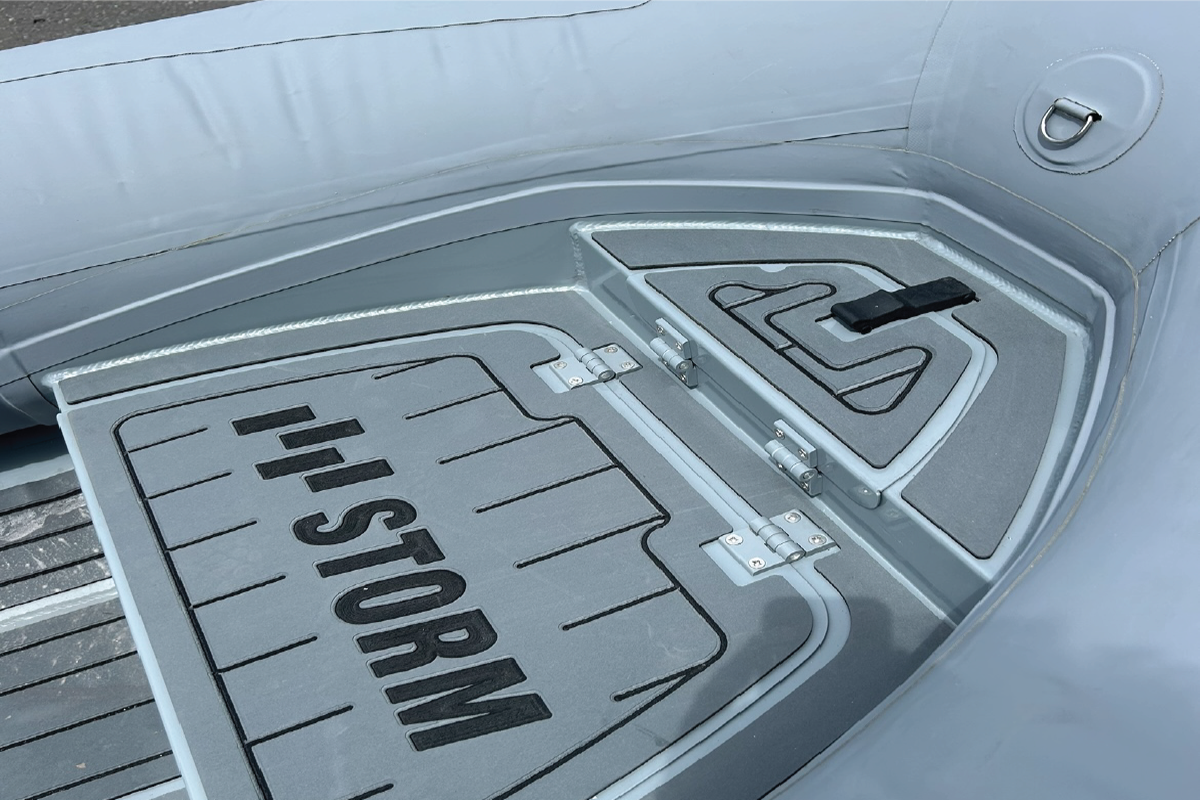
Do you need a licence to use a RIB?
TL:DR - to use an inflatable or a RIB on inshore waters in the UK privately, no licence is required, but we recommend not only having a minimum of RYA Powerboat Level 2, Small Ship Registration for your boat, a VHF licence and full insurance as a minimum before getting out on your new boat.
We can recommend providers of training, insurance and guidance on how to register your RIB or Inflatable.
Introduction
Inflatable boats have become a popular choice for recreational boating enthusiasts in the UK, offering a blend of convenience, affordability, and adventure on the water. However, before setting sail on the, ruggede coastline, tranquil rivers or expansive lakes of the UK it's crucial to understand the regulations governing inflatable boat usage. One common question that arises is whether you need a licence to operate an inflatable boat in the UK. In this comprehensive guide, we'll explore the intricacies of inflatable boat regulations and whether a licence is required for your aquatic escapades.
Understanding the Basics of Inflatable Boat Licensing
When it comes to navigating the UK's waterways, the need for a boat licence primarily depends on the type of waterbody you intend to explore and the nature of your boating activities. Inflatable boats, also known as dinghies or tenders fall into different categories, and the regulations surrounding them can vary. To determine whether you need a licence, consider the following factors:
1, Location of Operation
a) Coastal Waters: If you plan to use your inflatable boat in coastal waters, the requirement for a licence will depend on the size and type of boat. For instance, small inflatable boats used for short distances close to the shore will not ordinarily necessitate a licence. However, larger inflatable boats intended for more extended trips or activities involving paying passengers or certain water sports activities will almost certainly require registration and licensing.
b) Inland Waters: Inland waterways, such as rivers, canals, and lakes, also have specific licensing requirements. However, the regulations can differ depending on the size of the boat, its propulsion method (oars, motor, sail), and the specific waterway you plan to navigate.
On canals and rivers operated by the Canal and River Trust, all types and size of boat with or without a motor need a licence.
All portable, unpowered craft (those without motors) such as canoes, kayaks, dinghies, rowing boats, paddle boards and even light inflatable craft, also require licensing.
It is important to note that laws for mariners differ vastly in other countries, so if you're planning a trip to European waters, please check local regulations to see if you need an International Certificate of Competence of similar licence before you travel.
2. Type of Activity
The type of activity you intend to engage in while using your inflatable boat can impact whether you need a licence. If you're planning leisurely trips for personal use or fishing, the licensing requirements will be different from those for commercial activities or operating as a water sports instructor.
The most common licencing requirement we see within the RIB and Inflatable sector is operating under the MCA Small Craft Code of Practice and more information on this (Yellow) can be found here.
3. Boat Size and Power
The size and power of your inflatable boat are key determinants. Smaller boats with limited engine power might not require a licence, while larger boats with more powerful engines could fall under different licensing regulations if operating under the MCA Small Craft Code of Practice.
4. Age Restrictions
Some licensing requirements might have age restrictions. For instance, if you're a minor (under 16 years of age), you might have limitations on the type of boat you can operate and the waterways you can navigate.
5. Safety Regulations
Regardless of whether you need a licence, inflatable boat users are expected to adhere to safety regulations. These regulations encompass the use of life jackets, navigation lights, safety equipment, and adherence to speed limits and may be set by Harbour Authorities or more generally under the International Rules for Prevention of Collisions at Sea (Rules of the Road).
Furthermore, we always recommend the carrying and use of a suitable VHF radio when at sea and to use a VHF you need a radio licence and an operator's licence.
Once installed in a vessel, a marine VHF radio requires a ship's radio licence. This can be obtained via the OFCOM (Office of Communications) website. In the UK, the ship’s radio licence has been issued free of charge for the lifetime of the vessel since 2006.
The VHF course is now called the Shore Range Course and is an RYA course and exam - more info on this is here.
Conclusion
In conclusion, the need for a licence to operate an inflatable boat in the UK depends on a variety of factors, including the location of operation, the type of activity, boat size and power, age restrictions, and safety regulations. Coastal waters and inland waters each come with their own set of rules, and the licensing requirements can vary widely. It's important to research and understand the regulations that pertain to your specific situation before embarking on any boating adventures.
To ensure a safe and legal boating experience, consider consulting the relevant maritime authorities or agencies in your area. Additionally, staying up-to-date with the latest regulations and guidelines is essential, as they can change over time. By being well-informed and adhering to the appropriate regulations, you can enjoy your inflatable boat to the fullest while keeping both safety and compliance in mind.



